Description
Efnisyfirlit
- Title Page
- Copyright Page
- Contents
- Acknowledgements
- Foreword
- Abbreviations
- Part 1 Introduction
- Chapter 1 Thoughtful Conversation about God
- a) Theology: Thoughtful conversation about God
- b) Theology: A basic human conversation
- c) Theology: A confused conversation?
- d) Theology: A conversation about meaning
- e) Theology: A conversation across time
- f) Theology as an open conversation
- g) Theology and personal faith
- h) Theology as history, interpretation and paradox
- Summary
- Part 2 Theology of Creation and Covenant
- Chapter 2 Genesis: God, Creation and Humanity
- a) The Bible: An inspired library
- b) In the beginning
- c) A Dam-burst of Theology
- d) Introducing Adam and Eve
- e) The poem of the Fall
- f) The loss of communion
- g) The Battles of the Sexes
- h) East of Eden
- i) Postscript: Authors, editors and Star Wars
- Summary
- Chapter 3 The Torah: Covenant, Exodus and the Law
- a) The Bible and Christian interpretation
- b) Abraham and monotheism
- c) Fraternal rivalry from Isaac to Joseph
- d) Moses and YHWH: The rebel meets the holy
- e) The Divine Name
- f) Exodus
- g) Habiru and ritual identity
- h) Ten words of freedom
- i) Moses and Torah
- Summary
- Chapter 4 Nebi’im: Prophets, Kings and Covenant
- a) Theology of covenant
- b) Covenant and violence
- c) Covenant and kingship
- d) Covenant and the prophets
- e) Injustice and infidelity
- f) Invasion and salvation
- g) Josiah and the Deuteronomist
- h) Theology of exile
- i) Colonization and later prophecy
- Summary
- Chapter 5 Ketubim: Priests,Poets, Wisdom
- a) Ketubim and Theology
- b) Priestly power and the second Temple
- c) Ketubim and prayer
- d) Ketubim as Proverbs
- e) Ketubim and suffering
- f) Ketubim and cynicism
- g) Ketubim and love
- h) Ketubim and welfare
- i) Ketubim – triumph of the weak
- j) Ketubim and apocalyptic
- k) Colonization and Messianic expectation
- Summary
- Part 3 Theology of the Jesus Event
- Chapter 6 Gospels: Theology of Jesus as Messiah
- a) Theology on the edge
- b) Qumran and messianic expectation
- c) John the Baptizer
- d) The Gospels of Christ
- e) One Gospel, four flavours
- f) Messiah as title
- g) Messiah as servant
- Summary
- Chapter 7 The Theology of the Kingdom
- a) The preaching of the Kingdom
- b) Good news or Bad news?
- c) Parables and a paradigm shift
- d) On originals, allegories and context
- e) Jesus and the new mind
- f) Marvels and miracles
- g) The new Moses
- h) Abba father – the Lord’s Prayer
- i) Kingdom: Vocation not location
- Summary
- Chapter 8 Death and Resurrection
- a) The entry into Jerusalem
- b) The cleansing of the Temple
- c) Revolutionary Messiah?
- d) The Last Supper
- e) Gethsemane
- f) Trial
- g) Crucifixion – Good Friday
- h) Death – Holy Saturday
- i) The empty tomb
- j) Apparitions
- Summary
- Chapter 9 The Jesus Movement in the Acts of the Apostles
- a) Good news – the sequel
- b) Ascension as essential
- c) Pentecost
- d) The kerygma
- e) Life in common
- f) Persecution – the death of Stephen
- g) Paul, Peter, James and the Council of Jerusalem
- h) The kerygma reaches Rome
- Summary
- Chapter 10 Paul
- a) Paul: Global citizen and religious revolutionary
- b) Damascus: Conversion, call or conundrum?
- c) The Church as Body of Christ
- d) Paul as a resurrection theologian
- e) Paul and justification by faith
- f) Paul on the futility of works and the Law
- g) Paul’s life is a mission to outsiders
- h) Paul and the Theology of Love
- Summary
- Chapter 11 John as Theologian
- a) The writings of John
- b) Overview and undertones
- c) Timelines and differences
- d) Themes of the end
- e) The Beloved disciple: Man, woman or committee?
- f) Sitz im Leben – Expulsion from the synagogue?
- g) The Man born blind
- h) Jewish themes in John
- i) Incarnation
- j) The image of God: Adam remade
- Summary
- Part 4 Theology in the Classical Period
- Chapter 12 Canon: Scriptural Basis of Theology
- a) Canon – a collection of unity and diversity
- b) Canon – patterning an explosion
- c) The fall of Jerusalem and the Canon
- d) Canon and Christian persecution
- e) Apocalypse – summing up the Canon
- f) Authorship and the Canon
- g) Marcion blasts the Canon
- h) Epilogue – the Bibles of the Christian tradition
- Summary
- Chapter 13 Kerygma to Creeds
- a) Kerygma to Creed
- b) Creeds in the Canon
- c) Creeds and Baptism
- d) The Rule of faith: Creeds in the community
- e) Hellenization of the Gospel?
- f) Light from light: Justin as the first theologian
- g) The Nicene Creed
- Summary
- Chapter 14 Councils and Controversy
- a) Councils, controversy and Christianity
- b) Begotten not made
- c) Tertullian: One God, Three persons, Trinity
- d) Arius
- e) The Council of Nicaea
- f) The Council of Constantinople
- g) Ephesus 431
- h) Chalcedon 451
- Summary
- Chapter 15 Ecclesiology: New Israel, New Jesus, New Empire?
- a) New Israel, New Kingdom
- b) New Jesus: The Body of Christ
- c) New Order
- d) New Calvary
- e) The Diaspora, Greeks and God fearers
- f) Monasticism
- g) Church growth: Stark realities
- h) Eastern Emperor, Western Pope
- Summary
- Chapter 16 Augustine, Anselm, Aquinas
- a) Augustine of Hippo: Restless heart
- b) The City of God
- c) Augustine and Pelagius
- d) Anselm on the God thought (the ontological argument)
- e) Anselm on Redemption: Why did God become man?
- f) Aquinas: Rebel with a cause
- g) Summa Theologiae: The five ways
- h) Baptizing Aristotle and drowning YHWH?
- Summary
- Chapter 17 Sacraments
- a) Signs of love
- b) Baptism
- c) Confirmation
- d) Eucharist
- e) Penance
- f) Extreme unction
- g) Marriage
- h) Holy Orders
- Summary
- Chapter 18 Ecclesiology in Three Dimensions
- a) One, Holy, Catholic, Apostolic?
- b) The Great Schism
- c) Crusades
- d) The European reform: Martin Luther
- e) The Swiss Reform: Zwingli and Calvin
- f) English reform
- g) Nationalized Theology and Catholic reform
- Summary
- Part 5 Theology in Modern and Contemporary Dialogue
- Chapter 19 Theology ‘versus’ Philosophy?
- a) Descartes and the Enlightenment
- b) Hume and Empiricism
- c) Kant and the unknowable God
- d) The unknowable Jesus?
- e) The unspeakable Science?
- f) Enlightenment in the spirit
- g) Enlightenment through intuition
- h) Enlightenment of the word
- i) Enlightenment made reasonable
- j) Enlightenment through language
- Summary
- Chapter 20 Theology ‘versus’ Science
- a) Origin of the thesis
- b) Biblical Science, Natural Theology?
- c) Copernicus and Galileo
- d) Newton, Leibniz and Theodicy
- e) Nineteenth century: Darwin and design
- f) Twentieth century: Einstein and particle physics
- g) Big Bang and the Anthropic Principle
- h) Epilogue
- Summary
- Chapter 21 Theology ‘versus’ Anthropology?
- a) Human beings, socio-political animals
- b) Marx and the eradication of Religion
- c) God in man’s image? Feuerbach and Newman
- d) Psychoanalysis: Freud, Jung, Frankl
- e) Sociology of Religion: James and Durkheim
- f) The Holy: Otto and Tillich
- Summary
- Chapter 22 Dialogues in Different Voices
- a) Kierkegaard and Nietzsche
- b) Existentialism and the birth of Postmodernism
- c) Postmodern hermeneutics
- d) Liberation Theologies
- e) Feminist biblical criticism
- f) Mariology as liberation?
- g) Epilogue: Marian veneration
- Summary
- Chapter 23 Dialogues in Ethics
- a) What must I do?
- b) Ethical theory in Christianity
- c) Secular ethical theory
- d) Beginning and end of life
- e) War and peace
- f) Environment
- g) Sex, family and relationships
- Summary
- Chapter 24 Dialogues in Faith
- a) Dialogues in faith
- b) Dialogues between faiths
- c) Salvation and interfaith dialogue
- d) Salvation and the role of Christ
- e) Salvation and eschatology
- f) Dante. Last word on the last things?
- Summary
- Chapter 25 Dialogue and the Future
- a) Reviewing the journey
- b) Theological method
- c) Dialogues on the event horizon
- d) Dialogues in new directions?
- e) Theology is everywhere
- f) Last word or first conversation?
- Part 6 Customer Support: References and Readings
- References, Extracts, Further Readings
- Introduction
- Chapter 1
- Chapter 2
- Chapter 3
- Chapter 4
- Chapter 5
- Chapter 6
- Chapter 7
- Chapter 8
- Chapter 9
- Chapter 10
- Chapter 11
- Chapter 12
- Chapter 13
- Chapter 14
- Chapter 15
- Chapter 16
- Chapter 17
- Chapter 18
- Chapter 19
- Chapter 20
- Chapter 21
- Chapter 22
- Chapter 23
- Chapter 24
- Chapter 25
- Glossary
- Overview of biblical and theological terms
- Index

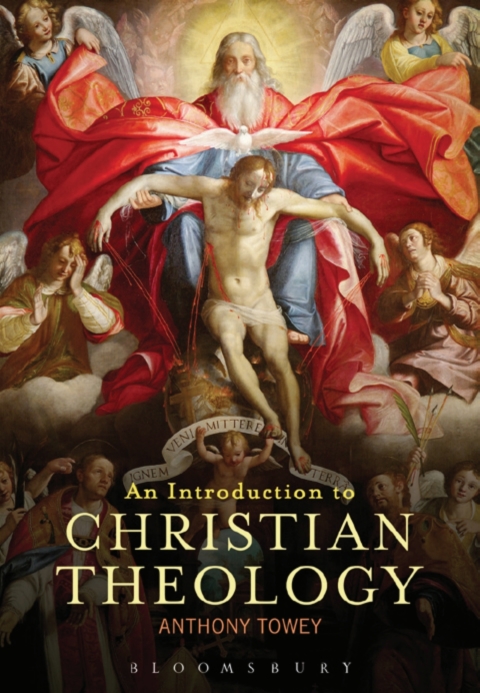
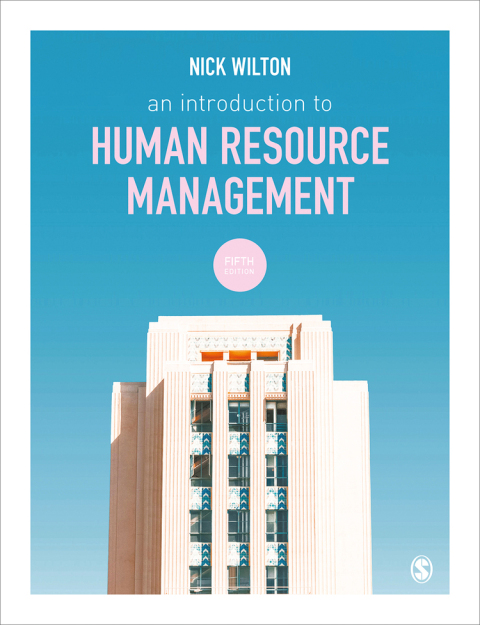
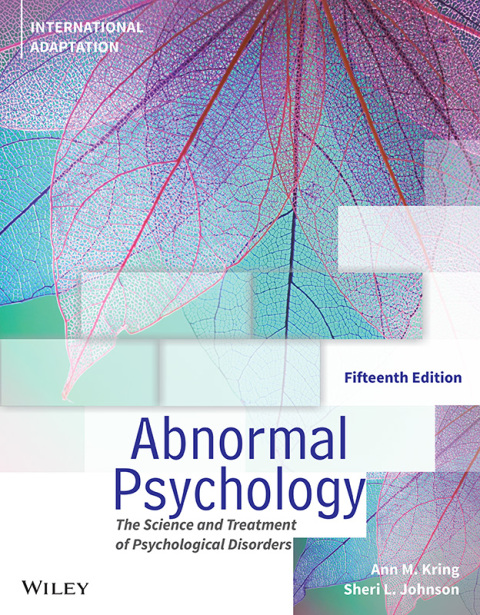
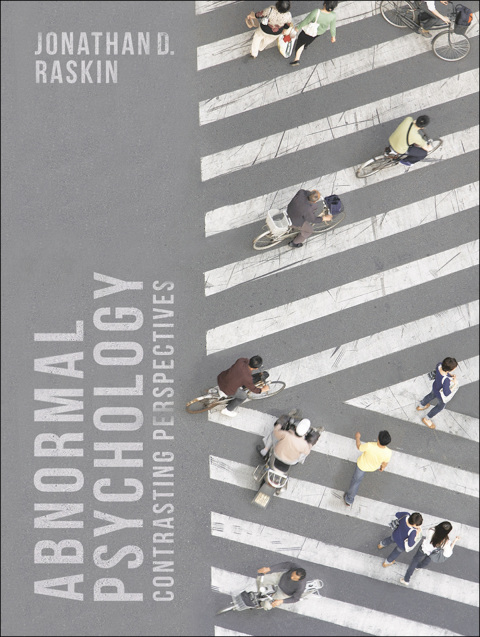
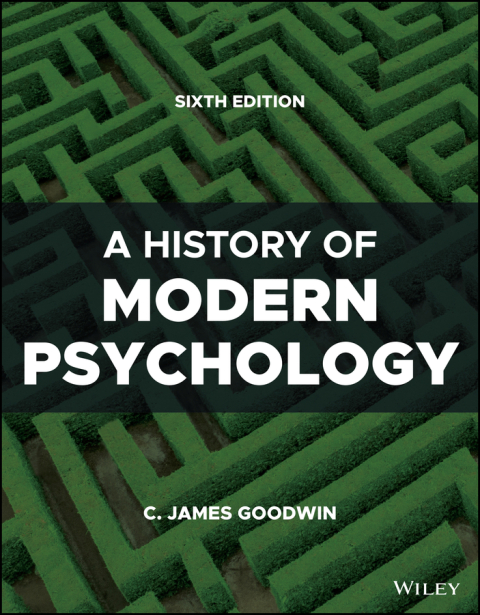
Reviews
There are no reviews yet.